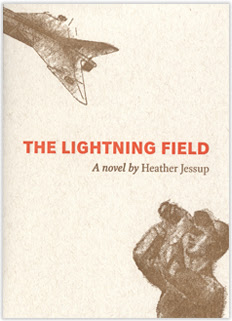This is a novel with moments of pure poetry, sprawling in its own way, about gay male culture in Toronto; covering the story of two young men and their friends during the breathtaking swing from the emerging freedom and carefree promiscuity of gay men in the 1970s to the absolute horror of the early days of the AIDS epidemic.
The novel follows David, a shy academic just discovering gay culture, and Tim, an attractive guy from an upper middle class, well-established Toronto family. They meet, tiptoe around their gayness for a bit, and then embark on decade-long relationship that is sometimes sexual/romantic, sometimes friendship, sometimes estranged. They are surrounded by some very well-drawn and realistic characters: Jack, the dramatic patriarch of their community; Paul, his lifelong...best friend? I guess?; Bobby, a younger man David takes under his wing; and various other lovers and friends.
Anderson, the author, was gay himself and died of AIDS-related causes. His understanding and immersion in the gay community is evident throughout. It's a really precise account of a time and a place and a culture. There is nothing of "straight" Toronto in this story; to read it is to be in that time and place, which is obviously totally fascinating. The characters are very real; the situations are very real. The best part is one of the final chapters, which is a letter written by one of the characters describing his friend dying of AIDS; it captures the terror and powerlessness of such a death remarkably well, but also the fear in the community and the utter betrayal by the rest of society. Let them die in the streets, say the straights.
Toronto is very vivid and alive in the book. It is a character, for sure. It will be of particular note to those interested in the recent history of the city, as there is a definite atmosphere of those times.
This was a difficult book to review; it took me a long time to get through it and I feel it could have been a lot shorter. There was a lot of unnecessary drama and theorizing that I could have done without. I liked it; I'm not sure I would recommend it. There are parts of it that are just beautiful though, really wonderfully written, and it makes you wish the author had been able to write more before he died. He was clearly a gifted writer who needed only to hone his skills a little more. A second or third Anderson would have been a gem of a novel.
Three CN Towers out of five.



